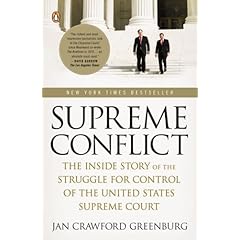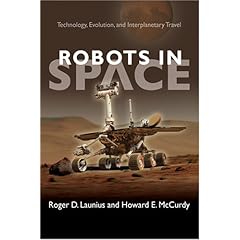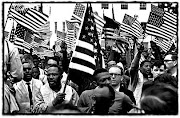 Finally by imperial decree, the government of Cuba condescends to allow its own citizens the right to stay in hotels they earn their livelihoods in. How generous. Tourists need not mix with the local riffraff was the attitude strictly enforced under Fidel. Cuba, under the hand of almost octogenarian president; Raúl Castro is enacting a series of reforms meant to dispel certain cobwebs that cover aspects of the isolated island's freedoms of associations. Not that a cell phone is a human right, but buying them would produce a new source of revenue for the government from its own cash starved citizenry. (National Hotel in Havana, AP Photo/Javier Galeano)
Finally by imperial decree, the government of Cuba condescends to allow its own citizens the right to stay in hotels they earn their livelihoods in. How generous. Tourists need not mix with the local riffraff was the attitude strictly enforced under Fidel. Cuba, under the hand of almost octogenarian president; Raúl Castro is enacting a series of reforms meant to dispel certain cobwebs that cover aspects of the isolated island's freedoms of associations. Not that a cell phone is a human right, but buying them would produce a new source of revenue for the government from its own cash starved citizenry. (National Hotel in Havana, AP Photo/Javier Galeano)
Castro has enacted multiple reforms since succeeding his ailing older brother, Fidel, on Feb. 24. He has ended a ban on private ownership of cellphones, done away with rules that required farmers to buy materials from state-run stores, voided a rule that forced residents to pick up prescriptions at inconveniently located pharmacies and lifted a ban on purchases of electronics.
The electronics reform, which also goes into effect Tuesday, will let Cubans buy computers, microwave ovens and car alarms, among other items. Several stores were stocking shelves Monday. At La Copa in Miramar, a fancy Havana suburb where many foreign embassies are located, computers were prepared for purchase. Electric bicycles were displayed at Galer¿as Paseo, a store on the Malecon, the avenue that runs along Havana's famed seawall.
 The catch of course being who can afford these new swanky privileges with wages dictated by the state, severe price controls and payment for premium services in only cold hard cash. Hotel management is a public-private partnership between the Cuban military and certain international conglomerates. State run stores are mandatory shopping places for many staples in Cuba. Cuba entices rich tourist and their money, but the economy is not set up for underpaid workers to benefit openly from their own industriousness. Havana is one of the priciest tourist spots in the region with tremendously spectacular beaches.
The catch of course being who can afford these new swanky privileges with wages dictated by the state, severe price controls and payment for premium services in only cold hard cash. Hotel management is a public-private partnership between the Cuban military and certain international conglomerates. State run stores are mandatory shopping places for many staples in Cuba. Cuba entices rich tourist and their money, but the economy is not set up for underpaid workers to benefit openly from their own industriousness. Havana is one of the priciest tourist spots in the region with tremendously spectacular beaches.Unfettered access to the internet would be a bridge too far. The real issue is the property rights are temporary in Cuba and wiring homes was not in the top 1,000,000 things to be done under the guise of Revolucion. Human Rights is something China is getting re-educated about as a boycott is fomenting in the wake of its crackdown on Tibet. Cuba doesn't have a military crackdown as much as an economic one that equates to the same evisceration of Human Rights.
Most Cubans are estimated to earn between 400 non-convertible (Cuban) pesos (eg a factory worker), to about 700 (eg a professional) - the equivalent of between $17 and $30, or £9 and £15.
Non-convertible pesos are good for buying the subsidised official rations of rice, cooking oil and other perishable goods.
Tourist Apartheid is the name given to the practice of
 making the Hotels and their amenities TOURIST areas only. Usually it is Europeans that spend freely at the resorts like Varadero Melia, as they are not under the half-century old sanction issues that US citizens must abide by. The amazing juxtaposition of world class luxury available for those with means residing next to workers who arrive by bicycle or a 1950's made in America car relic as new cars are for tourists and not allowed to Cubans.
making the Hotels and their amenities TOURIST areas only. Usually it is Europeans that spend freely at the resorts like Varadero Melia, as they are not under the half-century old sanction issues that US citizens must abide by. The amazing juxtaposition of world class luxury available for those with means residing next to workers who arrive by bicycle or a 1950's made in America car relic as new cars are for tourists and not allowed to Cubans.Brian Lattell, a former CIA analyst assigned to Cuba & Latin American, writes in his interesting book, After Fidel: Raul Castro and the Future of Cuba's Revolution updated in light of recent events, but still with its major emphasis on Fidel and his despotic rule of Cuba.


























































